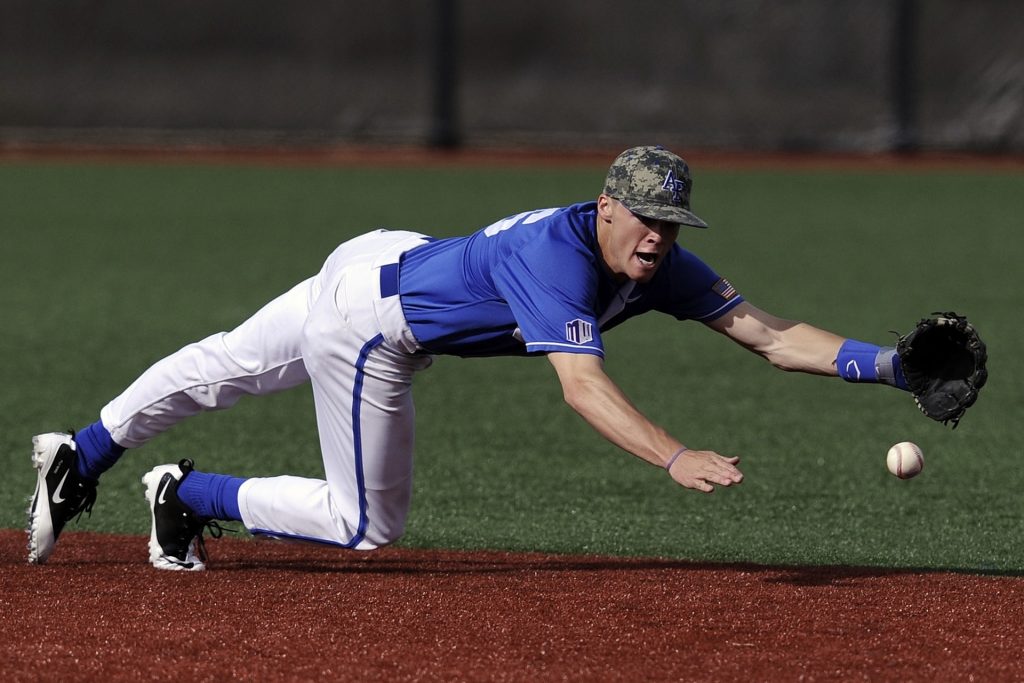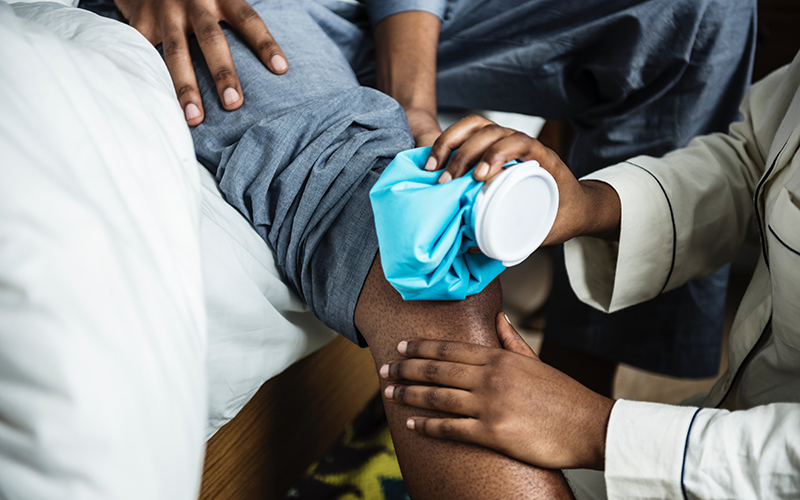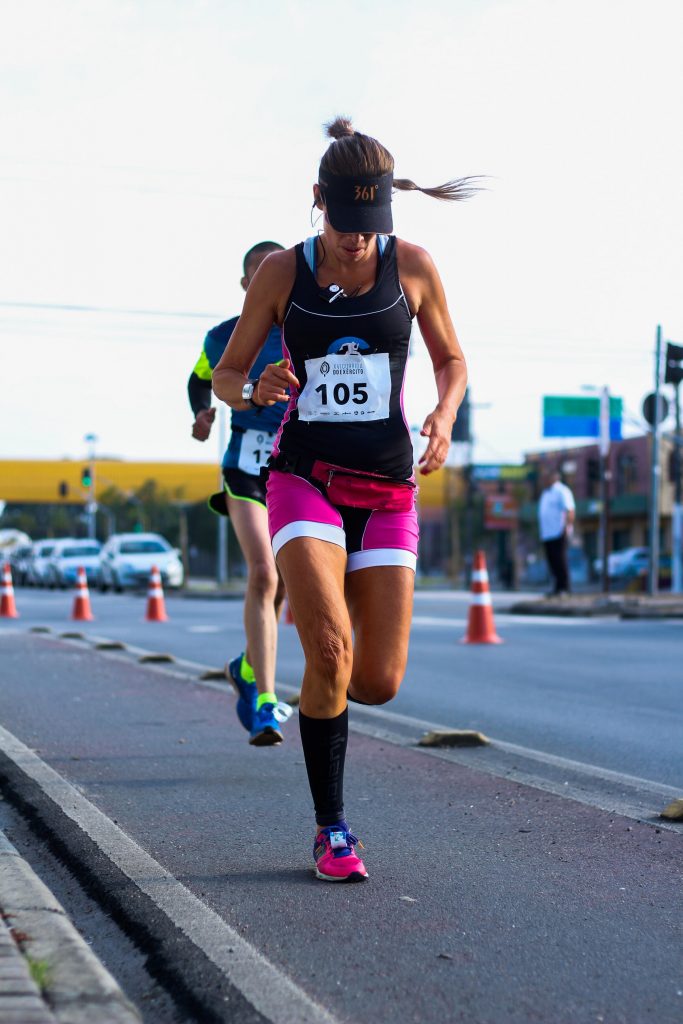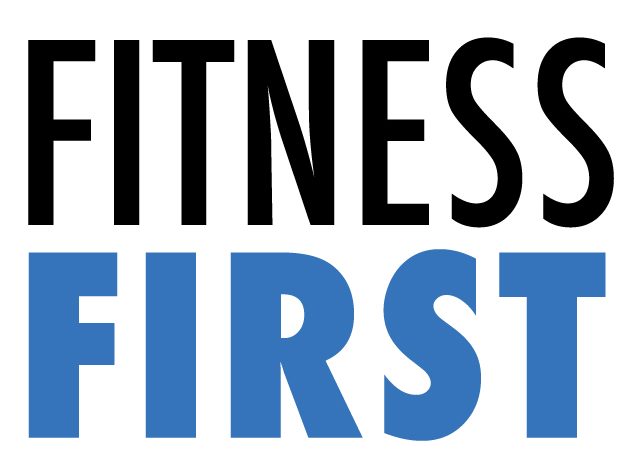If you work out regularly, you already know that many things that can impact your performance in the gym. But did you know that sleep is one of them?
Getting a good night’s sleep every night forms the cornerstone to achieving peak performance.
In this post, we take a look at some of the ways in which sleep boosts and improves how well you perform during your workouts.
Scientific studies have demonstrated many different ways in which a good night’s sleep helps the body. The body produces human growth hormones during sleep. Sleep helps to rebuild and repair muscles in the body while also enhancing memory of movement and improving mobility skills.
In addition to that, research done by the Stanford University Sleep Disorders Research Laboratory has shown that the higher the quality of sleep an athlete gets, the better they perform in a wide range of activities.
1. Sleep Improves Reaction Time

There’s no arguing with the facts: Athletic performance improves when we increase the quality of and maintain a sufficient quantity of sleep. When rested, athletes are quicker, more accurate, and have faster reaction times.
Even a mild case of sleep deprivation reduces your reaction time. According to the National Institute of Health, insufficient sleep results in mental fatigue, which significantly degrades athletic performance and reduces reaction time.
Going one night without sleep reduces the reaction time of athletes by up to 50 percent. The impact sleep has on reaction times is something that athletes need to take into serious consideration when it comes to improving their overall performance.
2. Sleep Assists in Athletic Recovery
Your central nervous system and muscles recover from the previous day’s activities while you sleep. Everything from reaction times to pain response, muscle contractions, and other functions depend on your body’s nervous system.
Since all these things are vital for peak athletic performance, getting enough quality sleep ensures that your nervous system functions at its best at all times.
Furthermore, the body releases human growth hormones during muscle recovery while sleeping. When not addressed, sleep issues have the ability to cut short an athlete’s career. This means that you need sufficient sleep in order for you to experience muscle growth as well as sustained performance.
3. Sleep Reduces the Likelihood of Injury

If you work out regularly, then you’re already aware of the need for safe workout practices. But people often overlook one of the most fundamental safety practices: getting enough quality rest every night. This helps to significantly reduce the likelihood of you injuring yourself during a workout.
As previously mentioned, a lack of sleep increases fatigue. It leads to decreased muscle recovery and cuts your reaction time down. This makes you less likely to be able to respond quickly, which increases your chances of getting injured. A study conducted by the Clinical Journal of Sports Medicine discovered that you’re almost twice as likely to injure yourself when you get fewer than 8 hours of sleep.
4. Sleep Enhances Mental Focus
Low levels of sleep are associated with higher levels of stress, negative moods, and decreased mental clarity. For athletes, your capability for mental focus affects your level of performance.
If you engage in endurance sports, you know the importance of a good mindset. Without it, your mind may quite long before you body does. Being able to visualize your goals and maintain a positive attitude requires strong mental focus.
5. Sleep Boosts Energy for Endurance Athletes

Sleep deprivation has been shown to greatly inhibit the body’s ability to process carbohydrates and glycogen in athletes. This means that with less sleep, you have lower energy – something that negatively impacts endurance athletes.
Your muscles demand glycogen and carbohydrates as vital sources of energy for sustained athletic activity. High-intensity weight lifting, marathons, team sports, and a range of other activities all require these key elements. If you do not replenish your stores with rest, you won’t have enough natural energy that you can rely on, resulting in less than stellar performance.
Avoid these risks by getting enough quality sleep and improve your athletic performance.
Conclusion
The importance of sleep cannot be overestimated when it comes to maintaining optimal health. But when it comes to athletic performance, sleep becomes one of the most vital components of success. If you don’t prioritize sleep as a part of your training regimen, you put yourself at an easily avoidable disadvantage.
If you’re interested in learning about more fitness topics like this one, please sign up for our email newsletter. We’ll let you know every time a new blog goes up. We also alert our subscribes to great deals that we run on products and brands every week.

